Introduction: The Power of Hyaluronic Acid in Skincare.
Hyaluronic acid, commonly known as HA, has received a lot of coverage in cosmetic industry because of its outstanding hydrating properties. As a natural component involved in the normal function of the human body, HA acts as an effective moisturizer. In this article, you will learn how to use hyaluronic acid in a non-toxic way for achieving a toxin-free glow.
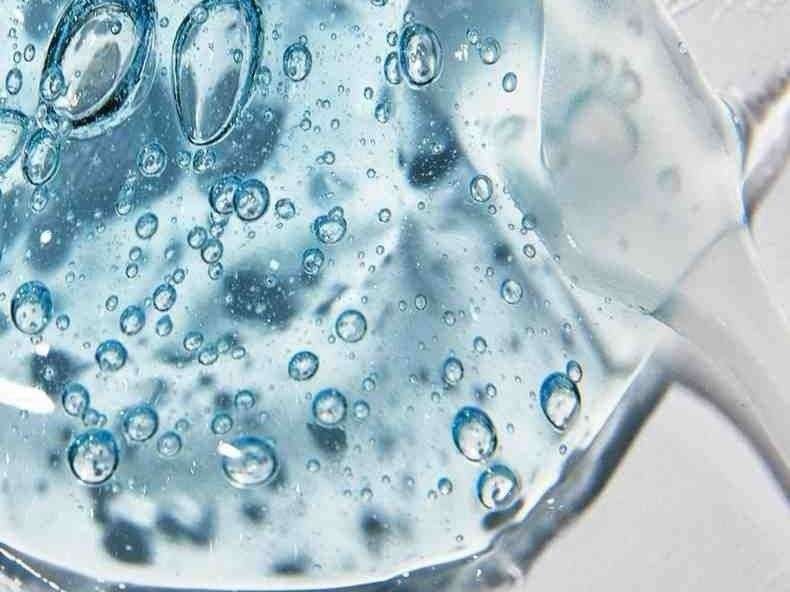
What is hyaluronic acid?
Hyaluronic Acid is a humectant substance that attracts water to the skin from the surrounding environment. With the ability to hold up to 1,000 times its weight in water, it’s no wonder that HA is a popular ingredient in skincare products. This powerful ability makes it one of the best ingredient for people willing to hydrate skin deeply and achieve the hydrating glow.
HA occurrence in the body
“HA is naturally present in connective tissues, skin, and cartilage, playing a vital role in maintaining skin hydration and elasticity.” “ScienceDirect: Overview of Hyaluronic Acid.”. As we age, the levels of HA in our skin diminish, leading to dryness and the appearance of fine lines. By replenishing this vital substance, we can enhance skin moisture and improve its overall appearance.
5 benefits of hyaluronic acid
What Makes Hyaluronic Acid Different for the Skin?
- Long-Lasting Hydration: Hyaluronic Acid works to physically create a seal over the skin’s surface, thus locking in moisture. This makes sure that the skin remains well moisturized all day and night in addition to avoiding skin dryness.
- Natural Skin Plumping: HA attracts moisture into the skin and not only moisturizes but also gives skin volume from the inside. It can give the skin a translucent appearance, which could sufficiently cover up facial lines, thus making the skin look younger.
- Non-Irritating: HA is naturally present in the human body, making it safe for use across the skin type. The sensitive skins can’t get irritable or inflamed from this natural substance because it provides an added advantage of moisturizing the skin.
- Environmental Defense: The properties of Hyaluronic Acid allow it to draw moisture from the air, thus helping to make a protective barrier against pollution and climatic conditions. These factors can work to decrease skins vulnerability and foster a healthier complexion.
- Improved Texture and Tone: Daily application of Hyaluronic Acid is beneficial for achieving the skin’s enhanced texture and a more toned appearance . It helps to smooth the skin and reduce roughness, including small keratosis.
how to use hyaluronic acid in your skincare routine: a step-by-step guide
If you are here wondering about how to use hyaluronic acid into your skincare regimen, then welcome to the right place! Hyaluronic Acid (HA) is now the secret for hydration and should be included in the non-toxic skincare list. Here’s a friendly step-by-step guide to help you get the most out of this incredible ingredient:
- Cleanse Your Skin : First rinse your face with a mild soap that has no harsh chemical; this will remove the first layer of dirt & impurities from your skin .it is essential to ensure that your skin is free from any barrier that hinders the absorption of hydrating products.
- Apply Toner (Optional) : If you enjoy using a toner, then it can be used right after washing the face. This step helps to balance the skin’s pH and is crucial for preparing your skin for the next product.
- Apply hyaluronic acid serum. Now let’s move on to the next step! To apply the serum correctly, start by dabbing some of your preferred hyaluronic acid serum on your damp face. when HA is applied on slightly moist skin, it draw moisture to the skin’s surface and retains it for maximum benefit.
- moisturize to lock the hydration : After applying hyaluronic acid, follow up with a non toxic moisturizer, especially at night . This step is important in ensuring all the hydration in the HA serum is retained, leading to a more radiant finish. Moisturizers help reduce water loss from the epidermis, allowing the skin to remain moist the entire day.
- sunscreen: The final step : if you are doing this skincare routine in the morning, make sure to apply a broad-spectrum sunscreen. it’s essential to protect your skin from UV rays, especially after moisturizing the skin with a product such as Hyaluronic Acid. Sunscreen helps to maintain your skin’s complexion and keeps it looking healthy.
When to use hyaluronic acid
Hyaluronic acid can be applied at different steps in the skincare routine depending on the texture and condition of your skin. Here are some key moments to consider:
- After Cleansing: the ideal time to apply your hyaluronic acid serum is right after you’re done cleansing your face, while your skin is damp. It does help in keeping moisture and thus prolongs the time of the hydration effect on the skin.
- Before Moisturizer : after applying your serum , follow up with the moisturizer; you can use a cream or a lotion. This combination creates protective barrier that locks in moisture , keeping your skin hydrated.
- During Seasonal Changes: It is recommended to apply hyaluronic acid in large quantity in winters or during the change in climate. It is ideal for people with scaly skin and for those who want the skin not to dry up and become pale during the winter season.
- In Your Evening Routine: applying hyaluronic acid at night allows your skin to absorb the product while you sleep, ensuring you wake up with beautifully moisturized skin in the morning.
Best time to use hyaluronic acid: at night or morning?
According to the research, hyaluronic acid works effectively in both the morning and night. In the morning, it prepares the skin for makeup application and protects it from environmental factors. At night, it is helpful in replenish the skin’s moisture and support skin repair during rejuvenation process.
who can use hyaluronic acid?
What makes hyaluronic acid unique is that It’s suitable for almost all skin types, including:
- Dry Skin: If your skin feels scaly or dry, then you can use hyaluronic acid serums to ensure that your skin remains moist . it’s a great choice for bringing back your natural and smooth skin texture.
- Oily Skin: oily skin can still feel dry and need moisture. It is useful to apply hyaluronic acid. it moisturizes without making the skin greasy, which helps in controlling moisture level.
- Sensitive Skin: hyaluronic acid is considered by many people with sensitive skin to be a trustworthy friend. Typically, it has no side effect on the skin, making it suitable for those prone to irritation. when selecting products, it is advisable to opt for chemical-free products.
- Aging Skin: As we age, our skin becomes drier, and initially wrinkles start to appear due to loss of moisture. thus , hyaluronic acid is beneficial for mature skin type, as it maintains skin moisture and restores the fullness of the skin, resulting in more youthful appearance. its incredible ability to hold water plays a critical role in fighting the signs of aging.
recommendations: best hyaluronic acid products
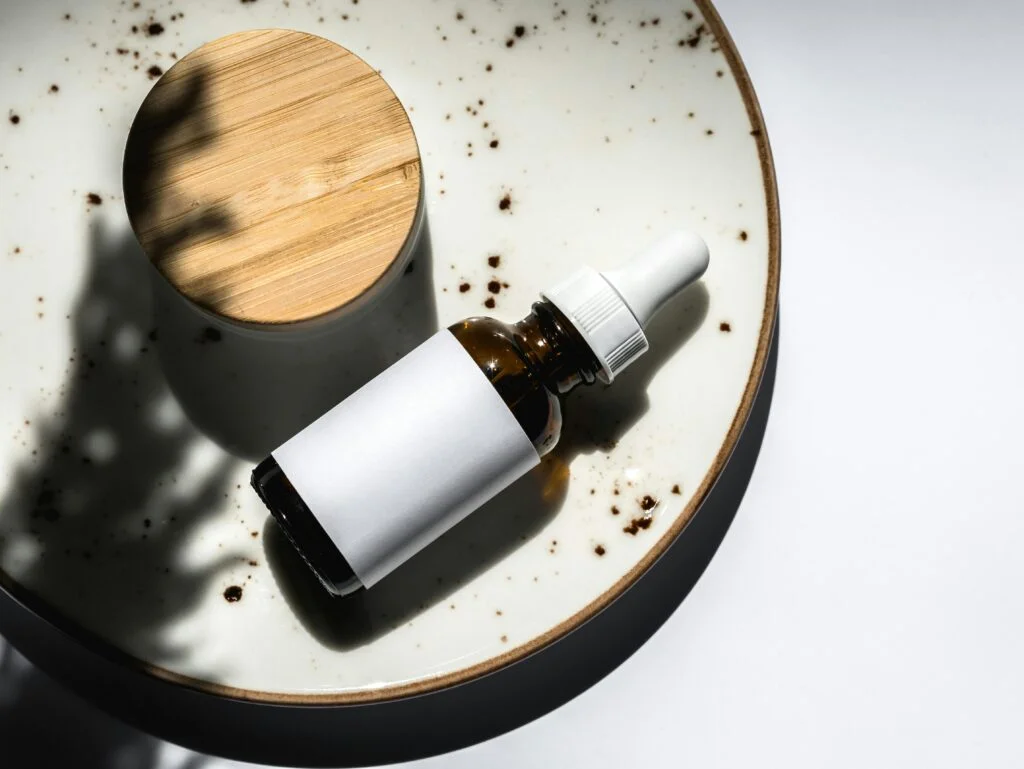
When it comes to the best hyaluronic acid products, look for those that are chemical-free and align with your non-toxic skincare goals. Here are some highly recommended options for your glow!
- The Ordinary Hyaluronic Acid 2% + B5: This serum contains hyaluronic acid with vitamin b5 that gives intense hydration. It is an affordable option that is made for all skin types.
- La Roche-Posay Hyalu B5 Serum: This serum is suitable for people with sensitive skin; it contains hyaluronic acid and vitamin B5 to enhance the skin’s elasticity and make your skin feel hydrated and more youthful.
- Drunk Elephant B-Hydra Intensive Hydration Serum: This nontoxic serum features antioxidant-rich pineapple ceramides & hyaluronic acid for healthy skin; it will give you deep hydration with glowing skin. the plus point of this serum is that it is chemical-free so you can apply it on your skin without any thoughts.
- Youth to the People Super Berry Hydrate + Glow Dream Oil: Are you looking for extra hydration? this oil is perfect for you Enriched with hyaluronic acid and maqui berry, goji berries . It hydrates your skin and will give you a beautiful & healthy glow.
- Neutrogena Hydro Boost Water Gel: Thus, a lightweight gel moisturizer is a great choice for daily use. this product is made up of hyaluronic acid; it absorbs quickly into the skin and will give you hydration immediately without making your skin feel greasy . it’s an incredible option for people with oily and dehydrated skin.
To learn more about non-toxic skincare brands, check out our article, ” Top 10 Non Toxic Skincare Brands for your glow in 2024″
FAQS regarding hyaluronic acid
1. Is it okay to use hyaluronic acid every day?
- Yes, HA is very mild and can be used every day in the morning and at night to keep the skin happy and looking radiant.
2. Can I use hyaluronic acid with retinol?
- Absolutely! Hyaluronic acid and retinol are friendly products. Hyaluronic acid hydrates the skin and balances any possible dryness, skin itching, and inflammation caused by retinol.
3. Can hyaluronic acid cause acne?
- Hyaluronic acid does not cause breakouts or acne because it is non-comedogenic, which means it does not block pores. Actually, it is safe for all the skin types, including acne-prone skin, since it moisturizes the skin and does not cause the production of oil.
4. Can I use hyaluronic acid with vitamin C?
- Yes, both hyaluronic acid and vitamin C are effective when applied together. Vitamin C is an antioxidant to help even the skin tone and hydrate the skin, while hyaluronic acid improves skin hydration. Both go well together for great, radiant, healthy skin.
5. Is hyaluronic acid good for oily skin?
- The answer is yes. It offers light-weight moisture without making skin suffocated and greasy; besides, it does not clog pores, a common reason some skin types, particularly the oily skin, are prone to.
6. What to avoid when using hyaluronic acid?
- Hyaluronic acid is effective when applied to slightly wet skin, and it’s recommended that you never use the cream on extremely dry skin without moisturizer. If not sealed with a moisturizer, hyaluronic acid in low humidity might pull the moisture from deeper layers and lie on the skin’s surface.
7. Does hyaluronic acid lighten skin?
- HA does not have skin-bleaching properties; it is a humectant that, upon being incorporated into the skin, will fill the gaps and make the skin layers even, and over time the skin will appear lighter and healthier.
8. What not to mix with hyaluronic acid?
- Most of the skin-care ingredients are compatible with hyaluronic acid. But some of the few things that you should never mix it with include oil; when using it, ensure that your skin is damp and should be followed by a moisturizer.
For more tips of achieving toxin free skincare routine , read our guide Non Toxic Skincare : 4 Key Benefits & Tips for Glow!”
9. What does hyaluronic acid do for skin?
- Hyaluronic acid binds water in the skin layer, thus making it appear thicker, softer, and moisturized. To some extent, it aids in diminishing the fine lines and originates a smooth skin surface.
10. Can you overuse hyaluronic acid?
- Unfortunately, hyaluronic acid is safe for daily use, but that does not mean that you should apply it more frequently. For instance, applying a product containing HA more than once a day increases its efficiency. Particularly in extremely dry climates, failure to moisturize after use can result in the skin’s deeper layers being drawn out, leading to dehydration.
Conclusion
Hyaluronic acid makes it to that list of naturally occurring ingredients that are harmless to the skin and can be the key to a healthy, radiant skin if included in skincare regimes. Hyaluronic acid is a wonderful ingredient both for those suffering from dry skin as well as for everyone who wishes to get perfect hydration. Just don’t forget that it has to be applied to damp skin, and after that, you need to put on some moisturizer if you want to get the best effect. so! what are you waiting for? Start your journey towards hydrated and toxin-free skin today by adding hyaluronic acid to your skincare routine and watching your skin glow!
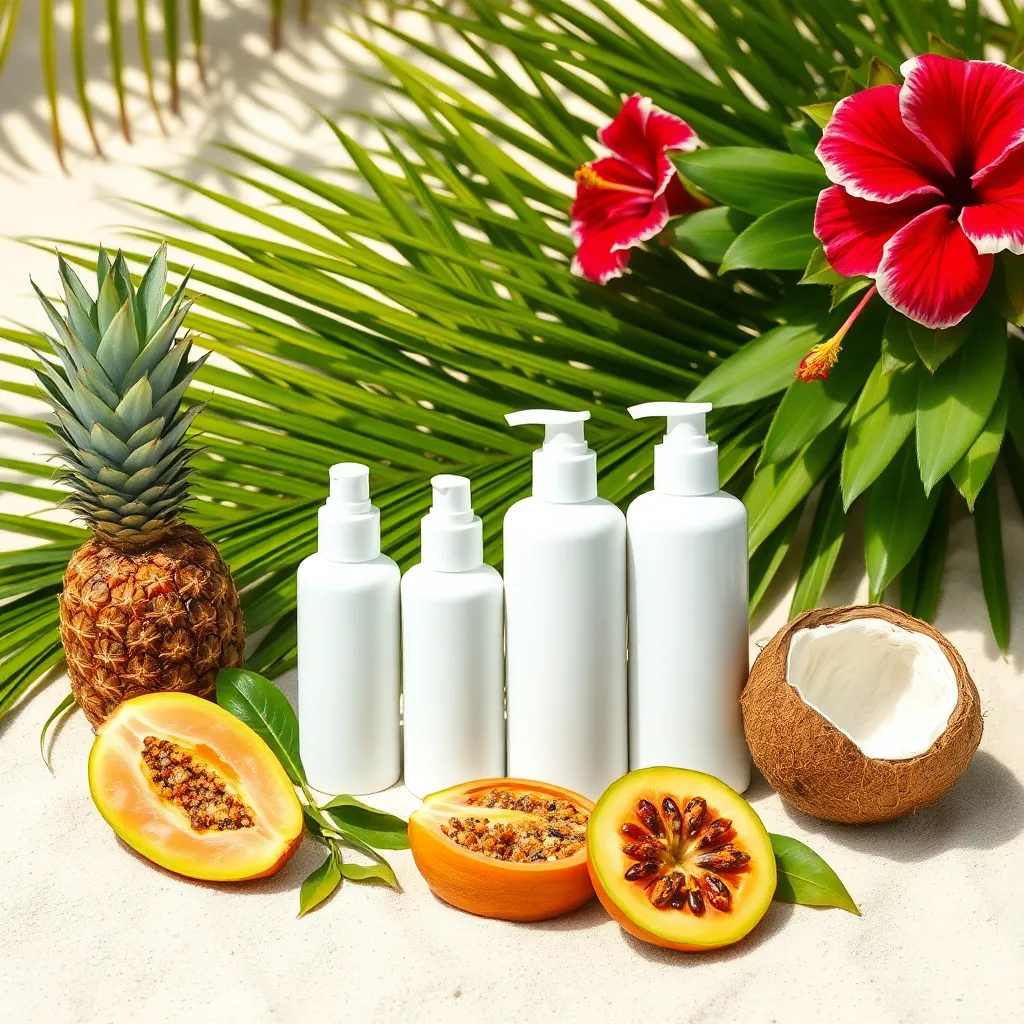
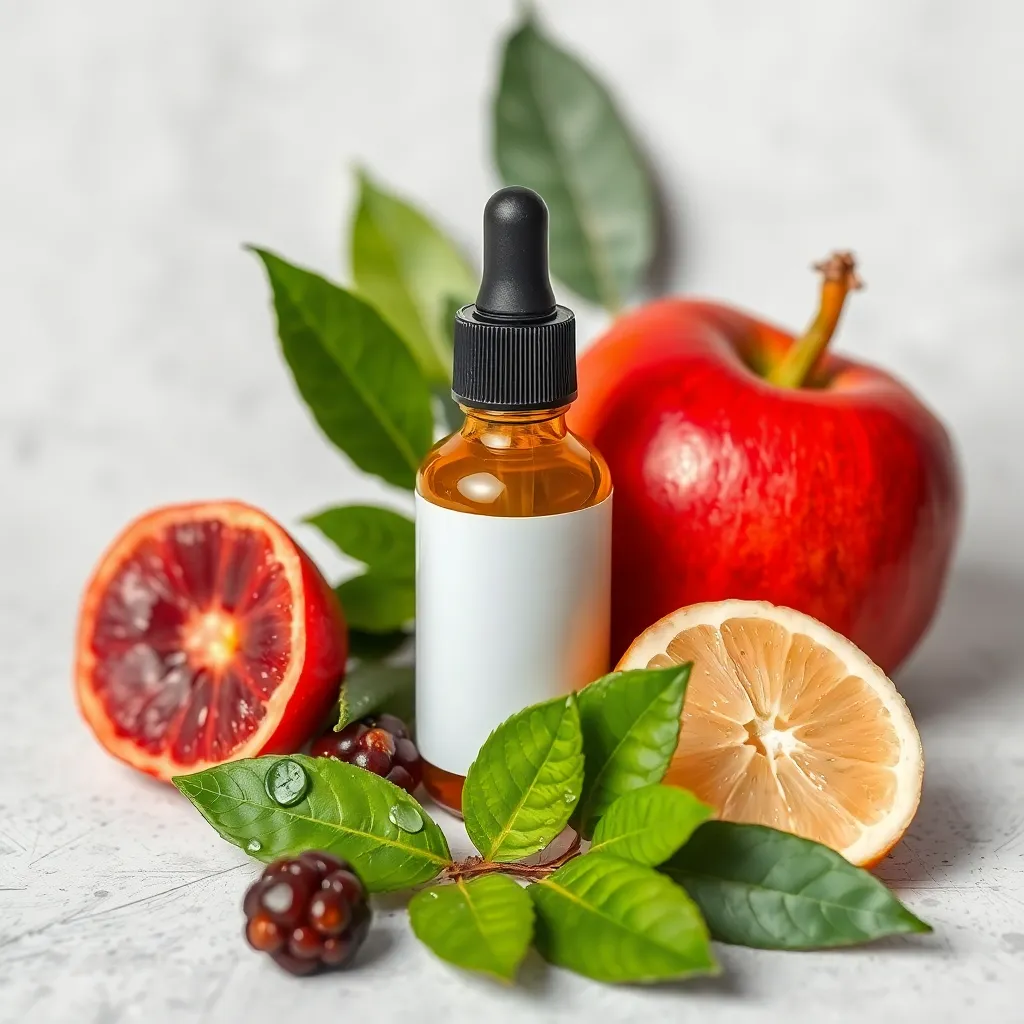
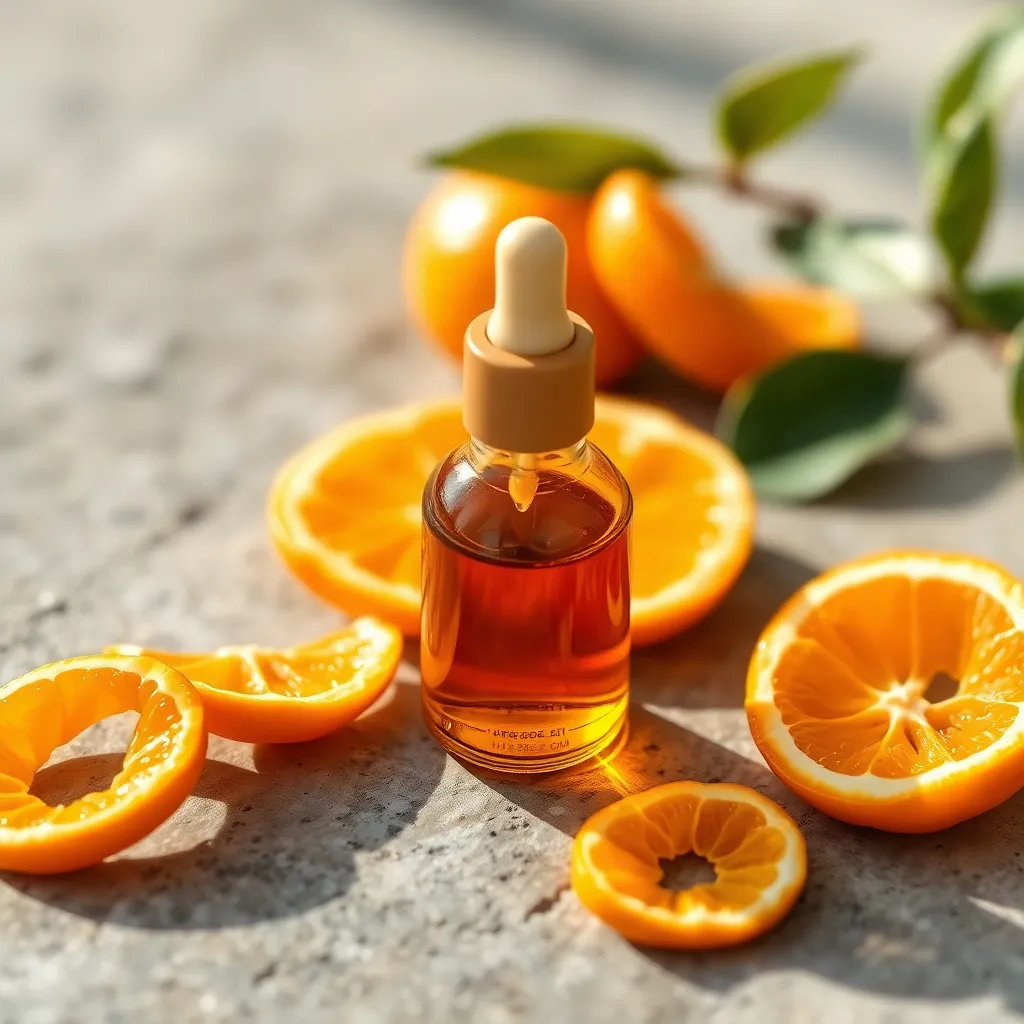
3 thoughts on ““How to use Hyaluronic acid: benefits, 5 steps & more””